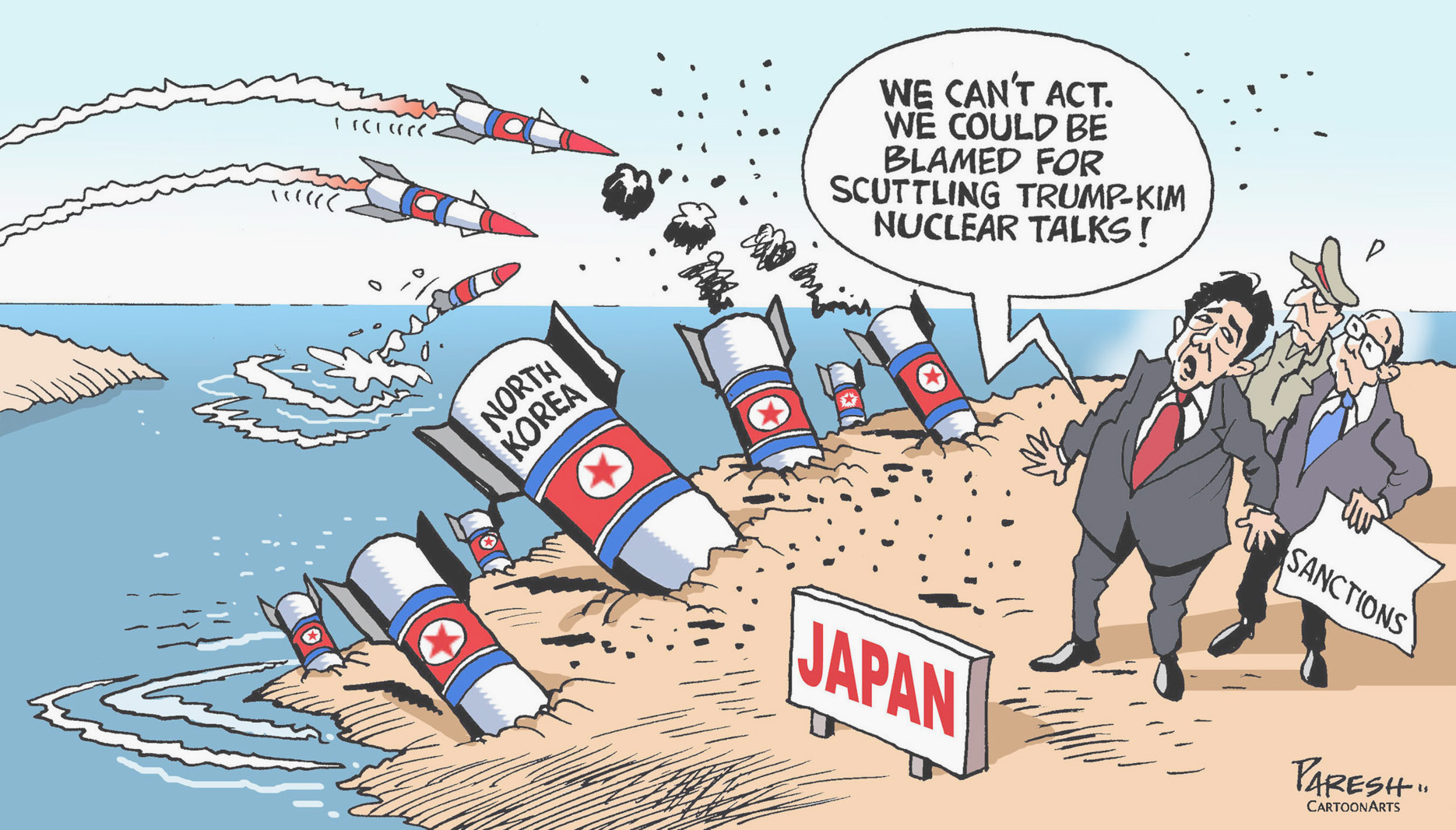The credibility of the U.S. extended nuclear deterrence is a critical issue that goes beyond the question of Japanese psychology and perception. It potentially influences the direction of Japan's security policy, compellence and/or attacks by adversaries on Japan, and even Asian stability.
Japan's faith in the extended U.S. nuclear deterrence was shaken even before the Trump era. Since the end of the Cold War, China has steadily modernized and built up its nuclear forces, and the survivability and penetrability of its strategic nuclear forces targeting the United States has improved.
In the 2010s, North Korea bolstered nonstrategic nuclear forces targeting Japan and moved toward the acquisition of strategic nuclear forces that kept the U.S. within range. These developments not only heightened Japan's threat perception of China and North Korea but also made Japan increasingly concerned about a possible decoupling between Japan and the U.S.: "Will the U.S. defend Japan even if its mainland is exposed to danger?"


















With your current subscription plan you can comment on stories. However, before writing your first comment, please create a display name in the Profile section of your subscriber account page.